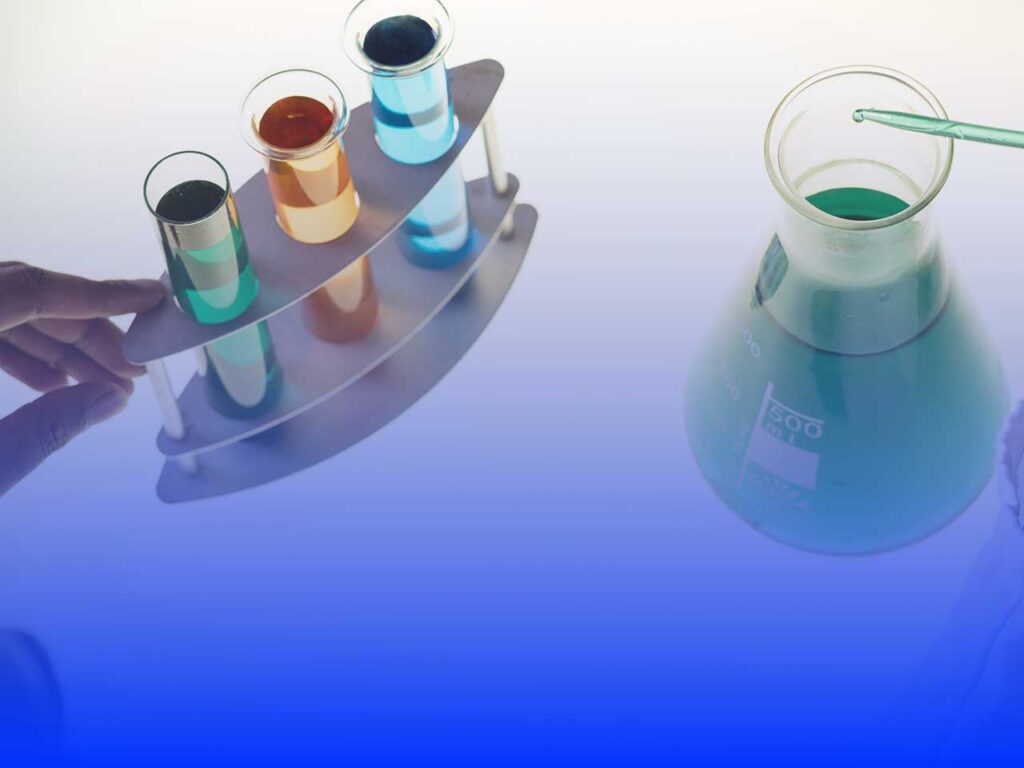During the last few years, we have seen, with increased exposure, publications on the development of new drugs, vaccines, etc., and the processes for their implementation in the market. No company or researcher can ignore certain maxims or basics that govern an adequate and customized patenting strategy for optimal protection of pharmaceutical products.
Patent protection is fundamental for the pharmaceutical industry, not only because it promotes the constant research of new active ingredients for the development of the health sector, but also because it boosts the development of manufacturing processes that are more efficient and economical, as well as the development of new formulations resulting in pharmaceutical products with improved pharmacokinetic properties.
Pharmaceutical patents can protect different aspects of drugs, e.g., product patents protect the medication formulation, and process patents protect the process of how the pharmaceutical product was obtained. Therefore, the first consideration to remember when attempting to protect products or processes related to the pharmaceutical industry is to identify the patentable subject matter. First of all, to carry out this task, the subject matter that will not be eligible for a patent, such as, e.g., living matter or therapeutic methods, must be ruled out.
Once the patentable subject matter has been defined, the prior art search related to the invention is another consideration. Knowing it will allow us to clearly define which features make it unique, differentiating it from what is already known and thus being able to achieve the desired protection. For this purpose, it is very useful to carry out an adequate international prior art search in different patent databases.
The verification of the patentability potential of the invention is another point to be considered when trying to patent a pharmaceutical product or process. For this purpose, a patent feasibility report can be drafted regarding the prior art found, to obtain certainty and continue with the stage of filing the patent application.
Likewise, the correct drafting of the technical document is another important consideration, since it will be from correct technical drafting that the inventor will obtain a solid patent. At this stage, it is important to resort to a specialist to facilitate the work to apply for protection in the different countries where a patent application is to be filed, as well as to provide timely follow-up to the process and prosecution of the pharmaceutical patent, to raise objections, adjust claims, absolve requirements and/or other needs of the patent registration procedure.
An example of how a specialist can be very useful in facilitating the processes is that, although in many countries therapeutic methods are considered unpatentable, there are formats that are acceptable in some Latin American countries, such as Swiss-type claims. The same occurs for the protection of pharmaceutical polymorphs, which are considered patentable only in some Latin American countries, as long as they comply with certain requirements of clarity and support in the previously drafted technical document.
Finally, a correct patenting strategy for the pharmaceutical industry will have to incorporate an analysis of the legal, technical, and commercial feasibility, to make appropriate decisions. Thus, it is always recommended to count on a technical consultant with experience in your development sector.
At ClarkeModet, we are well aware of the complexity of each stage of the patent protection process, so we make sure we have experts who have extensive experience and a global vision with deep local knowledge. That is why 97% of the patent applications we file are accepted. If you have any questions about the process, please let us know at infomarketing@clarkemodet.com

